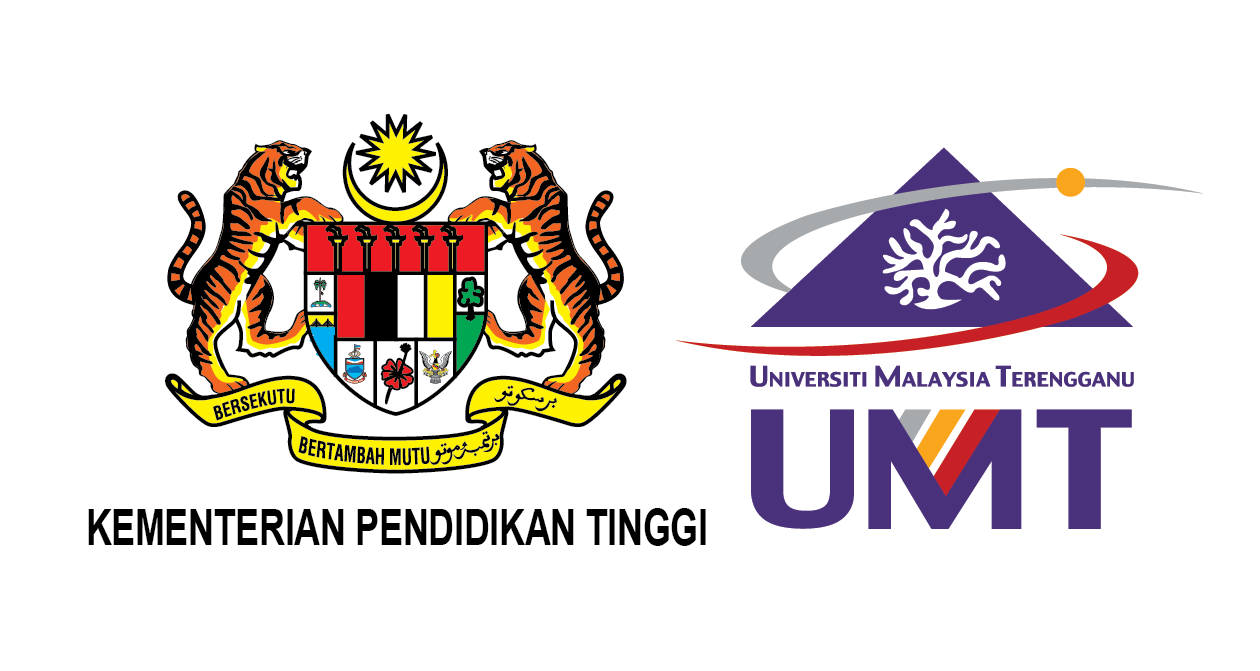Please use this identifier to cite or link to this item:
http://umt-ir.umt.edu.my:8080/handle/123456789/11347Full metadata record
| DC Field | Value | Language |
|---|---|---|
| dc.contributor.author | Cheng Jing Jing | - |
| dc.date.accessioned | 2019-01-06T08:36:48Z | - |
| dc.date.available | 2019-01-06T08:36:48Z | - |
| dc.date.issued | 2016 | - |
| dc.identifier.uri | http://umt-ir.umt.edu.my:8080/xmlui/handle/123456789/11347 | - |
| dc.description.abstract | Tropospheric ozone is main pollutant of important concern in Malaysia due to its contributions to high number of unhealthy days recorded in many industrial, urban and suburban area. Furthermore, tropospheric ozone is responsible for adverse effects on human health, vegetation and building materials. Thus, prediction of ozone concentration is significant to provide early warning system in order to reduce the exposure of population especially sensitive groups to certain level of ozone pollution. In Malaysia, studies on applying different types of approaches including regression models, neural network and probability distribution to predict ozone concentration have been established, yet a model with good predicting ability has to be identified and used so as to develop effective warning strategies. This study aims to study the application of multiple linear regression (MLR) model and artificial neural network (ANN) models in predicting ozone concentration at Cheras and Petaling Jaya for year 2012. Stepwise method was used to choose the independent variables to develop linear regression model using Statistical Package for Social Sciences (SPSS) software while a feedforward algorithm was used to prepare the neural network using Matrix Laboratory (MATLAB) software. The evaluation of the performance of MLR and ANN models was conducted using performance indicators including coefficient of determination (R 2 ), prediction accuracy (PA), root mean squared error (RMSE) and normalised absolute error (NAE). Higher accuracy measure and smaller error measure of ANN model showed that ANN model performed slightly better than MLR model. The result of this study could be used as an input in policy framework in order to control the magnitude of ozone pollution impacts in Malaysia. | en_US |
| dc.language.iso | en | en_US |
| dc.publisher | Universiti Malaysia Terengganu | en_US |
| dc.subject | Cheng Jing Jing | en_US |
| dc.subject | LP 1 PPKK 1 2016 | en_US |
| dc.title | Prediciting tropospheric ozone concentration using two different approaches at selected sites in Klang valley | en_US |
| dc.type | Working Paper | en_US |
| Appears in Collections: | Pusat Pengajian Kejuruteraan Kelautan | |
Files in This Item:
| File | Description | Size | Format | |
|---|---|---|---|---|
| LP 1 PPKK 1 2016 Abstract.pdf | 433.4 kB | Adobe PDF | View/Open | |
| LP 1 PPKK 1 2016 Full text.pdf Restricted Access | 6.7 MB | Adobe PDF | View/Open Request a copy |
Items in UMT-IR are protected by copyright, with all rights reserved, unless otherwise indicated.

